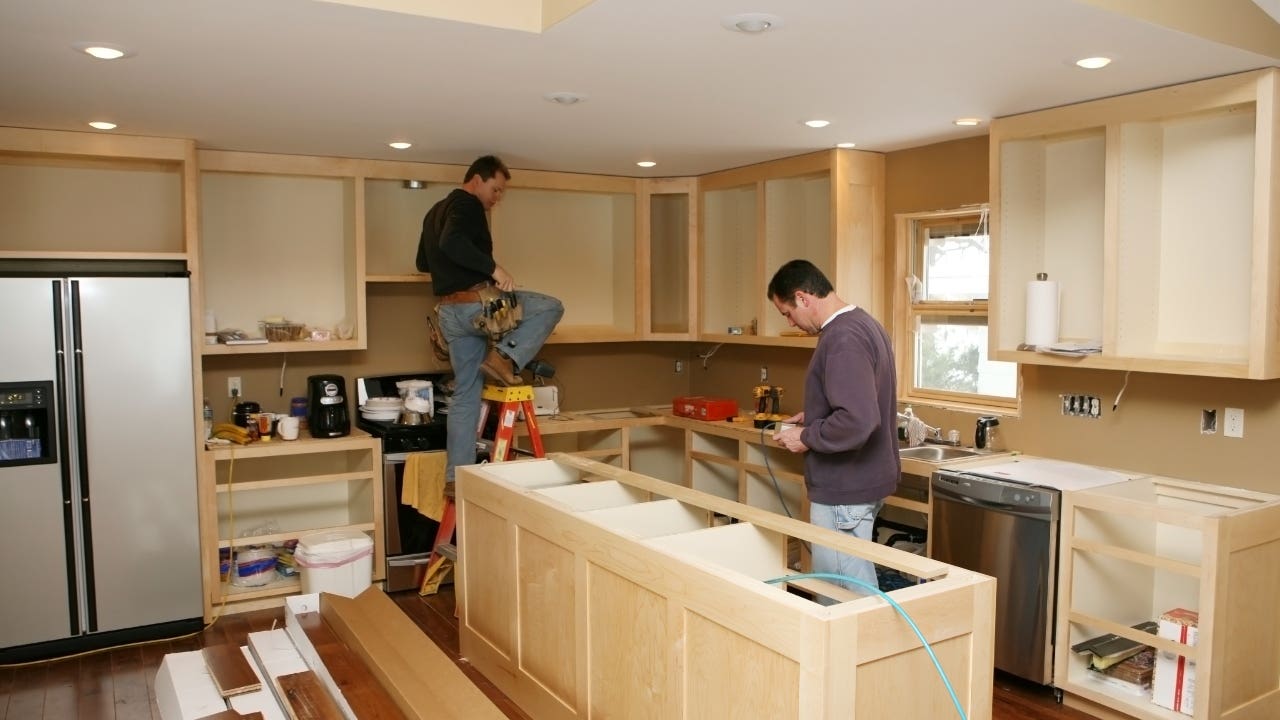Home improvements can be incredibly rewarding. They add value to your property, create a more enjoyable living space, and allow for personalized touches. However, the costs can quickly spiral out of control if not carefully managed. Fortunately, there are numerous ways to save money on renovation without compromising on quality. By applying cost-cutting finance hacks and choosing affordable project ideas, you can turn your home improvement dreams into reality while keeping your budget intact. Here are some expert tips to help you save big on your next home project.
1. Plan Ahead and Set a Realistic Budget
One of the best ways to save money on renovation is to plan every detail in advance. Having a clear understanding of your goals and the materials required will prevent unnecessary expenditures. Start by establishing a budget and sticking to it. Factor in potential hidden costs, such as labor, permits, and unexpected repairs. It’s always better to overestimate expenses than underestimate them, but don’t forget to leave room for contingencies.
Renovation saving tips also include breaking down the project into manageable phases. Instead of completing everything at once, consider tackling tasks over time. This can ease the pressure on your finances and allow you to save up for specific parts of the project as you go along.
2. Do It Yourself (DIY) When Possible
Labor costs can take up a significant portion of your renovation budget. If you’re handy or willing to learn, consider taking on some of the work yourself. Tasks like painting, landscaping, or even installing fixtures can often be done without professional help. There are countless online tutorials, instructional videos, and DIY guides that can help you get the job done right.
By rolling up your sleeves and diving into the work, you can substantially cut your renovation expenses. Just be mindful of your limitations—there’s no harm in calling in a professional for tasks that require specialized knowledge or tools.
3. Repurpose and Reuse Materials
Instead of buying everything new, look around for ways to repurpose or reuse materials. For example, if you’re upgrading your kitchen, you might be able to give your cabinets a fresh coat of paint instead of replacing them entirely. You can also find reclaimed wood, salvaged tiles, or refurbished furniture at a fraction of the cost of new materials.
Using affordable project ideas like this not only reduces the overall cost of your renovation but also adds unique charm and character to your home. Many second-hand materials have a history that can make your project feel one-of-a-kind. Local salvage yards or online marketplaces often feature excellent deals on high-quality materials that just need a little creativity to shine.
4. Shop Smart for Materials and Tools
Shopping around for the best prices on materials can make a huge difference. Compare prices from various suppliers, both online and in-store, to ensure you’re getting the best deal. Look for seasonal sales, discounts, and special promotions. Many stores offer price matching, so don’t hesitate to ask if you find the same product for less elsewhere.
Additionally, consider renting tools for the job instead of buying them. Tools like tile cutters, sanders, or power washers can be expensive, especially if you only need them for a short period. Renting can save you a considerable amount of money while still allowing you to get the job done efficiently.
5. Get Multiple Quotes from Contractors
If certain aspects of your project require professional help, always get multiple quotes from different contractors. Prices can vary significantly from one contractor to another, and it’s essential to do your due diligence. Don’t automatically go with the lowest bid, but consider what’s included in the price and what each contractor offers in terms of quality and customer service.
Cost-cutting finance hacks include negotiating with contractors. Sometimes, they may be willing to offer discounts or price breaks, especially if you’re able to provide a flexible timeline or if you’re offering repeat business. Be upfront about your budget constraints and ask if they can recommend ways to reduce costs while still achieving a high-quality result.
6. Prioritize Energy-Efficiency Upgrades
Upgrading your home with energy-efficient appliances and features can be a smart long-term investment that saves you money in the future. Replacing old windows with double glazing, installing energy-efficient light bulbs, or upgrading your heating system can significantly reduce your energy bills. Many of these upgrades qualify for government rebates or tax incentives, making them even more cost-effective.
Not only will these renovation saving tips improve the sustainability of your home, but they will also increase its value. Potential buyers are often willing to pay more for homes that are energy-efficient and eco-friendly, making these upgrades a wise financial decision in the long run.
7. Focus on High-Impact, Low-Cost Improvements
If you’re working with a tight budget, consider focusing on improvements that give you the most bang for your buck. Some projects, like installing a backsplash in your kitchen or adding a fresh coat of paint to the walls, can transform a space without breaking the bank. Updating hardware like doorknobs, faucets, or light fixtures can also make a big difference in the overall look of your home for very little money.
By prioritizing affordable project ideas that offer high impact, you can enhance your home’s aesthetics without stretching your finances too far. Small changes can make a big impression, especially when combined with other cost-effective updates.
8. Avoid Over-Improving for Your Neighborhood
While it’s tempting to go all out and create a luxurious home, it’s essential to consider the value of your property in relation to the neighborhood. Over-improving your home can lead to diminishing returns when it comes time to sell. If your home is the most expensive on the block, you may not recoup the cost of your renovations in the sale price.
Save money on renovation by focusing on projects that will add value without drastically overhauling your property. Talk to local real estate agents to understand what homebuyers are looking for in your area, and focus on updates that will make your home appealing without pushing it beyond its market value.
Conclusion
Home renovations don’t have to cost a fortune. By applying these cost-cutting finance hacks and choosing affordable project ideas, you can achieve the home of your dreams without exceeding your budget. Whether you take on DIY tasks, shop smart for materials, or prioritize energy-efficient upgrades, every small effort adds up. The key is to plan strategically, stay focused on high-impact improvements, and remain mindful of your overall financial goals. With these renovation saving tips, you’ll not only create a beautiful space but also safeguard your wallet in the process.





